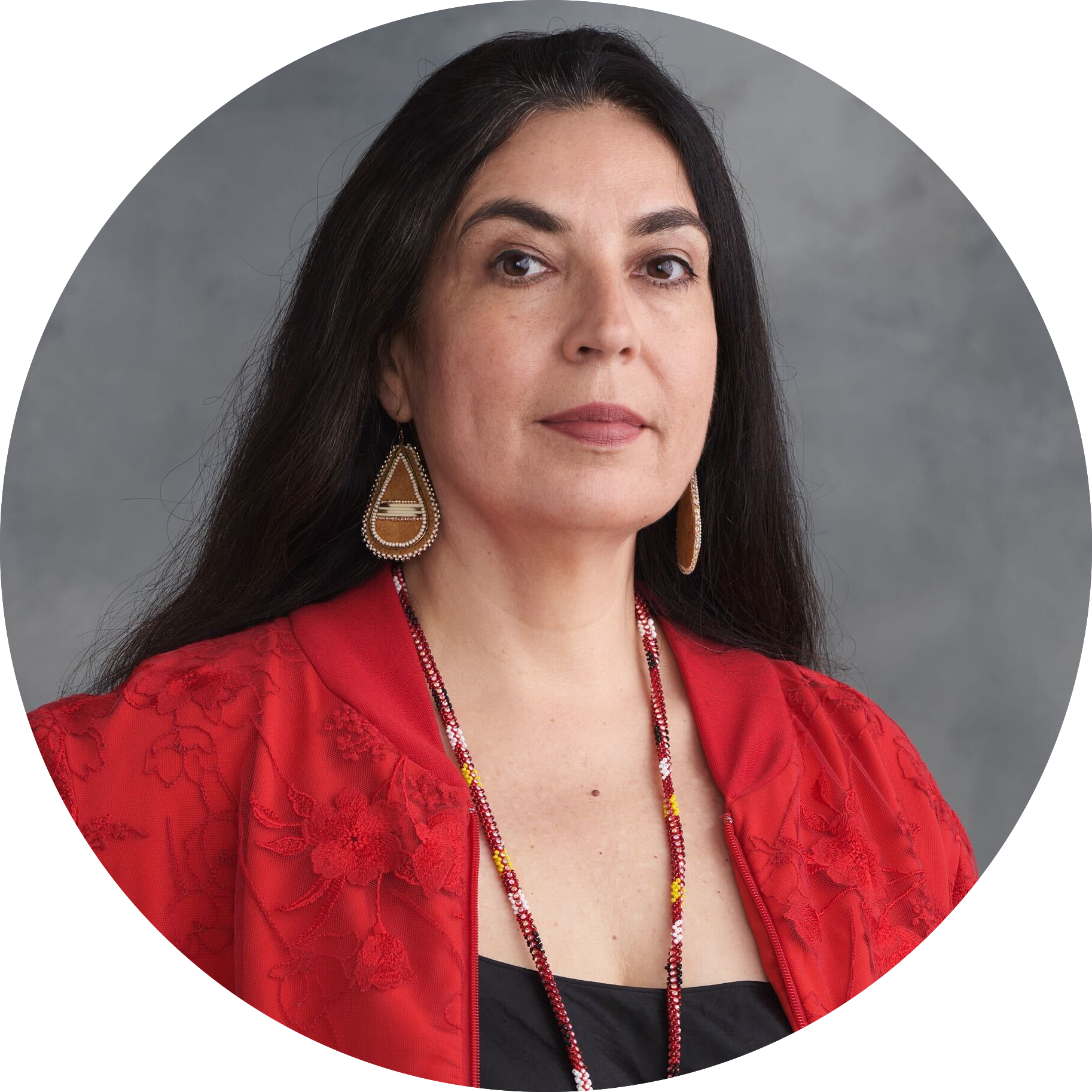
B.C. Supreme Court rules logging company can’t claim financial losses due to conservation
Forestry giant Teal sued for $75 million in compensation after old-growth trees on Haida Gwaii...
In an alpine basin on Tahltan Nation territory, three rivers are born — the Nass, Stikine and Skeena. Each is an important salmon river that feeds numerous Indigenous and non-Indigenous communities throughout the northwest. Their birthplace is considered sacred to Tahltan people.
Tahltan territory spans more than 95,000 square kilometres, or around 11 per cent of the province known as British Columbia. The population is small, spread between Iskut, Telegraph Creek and Dease Lake, but everything else is big — from the mountains, rivers and valleys to the spirit of the people who live there. It’s also a region rich in resources such as gold, coal and natural gas.
A struggle to protect Tahltan land and waters from powerful industry forces is featured in a new documentary: Klabona Keepers. The documentary, directed by Tamo Campos and Jasper Snow Rosen, weaves together 15 years of footage to tell the saga of a small group of Tahltan people determined to save the birthplace of those rivers by any means necessary. They call themselves the Klabona Keepers.
In 2004, the provincial government granted Shell Canada the rights to 4,000 square kilometres of Tahltan land, where the fossil fuel company planned to frack for coalbed methane, a type of natural gas. At the same time, Fortune Minerals, a major mining company with headquarters in Ontario, was planning to build an open-pit coal mine on Mount Klappan.
Both companies were met with fierce resistance. The Klabona Keepers were led by Elders from the communities, several of whom were subsequently arrested for blockading worksites. The blockades were much more than protest sites. With whole families joining, they became places to gather, to be on the land and to learn from the Elders.
Rhoda Quock was at the blockades year after year, often for months at a time with her family.
“I’m gonna be honest, I took a really good beating — emotionally, mentally and physically,” she said. “We were fighting tooth and nail.”
Quock, a spokesperson for the Klabona Keepers and producer of the film, told The Narwhal she hopes the documentary will inspire others who are fighting to protect their territories.
“I always wanted to give others hope — anything is possible … Never give up.”
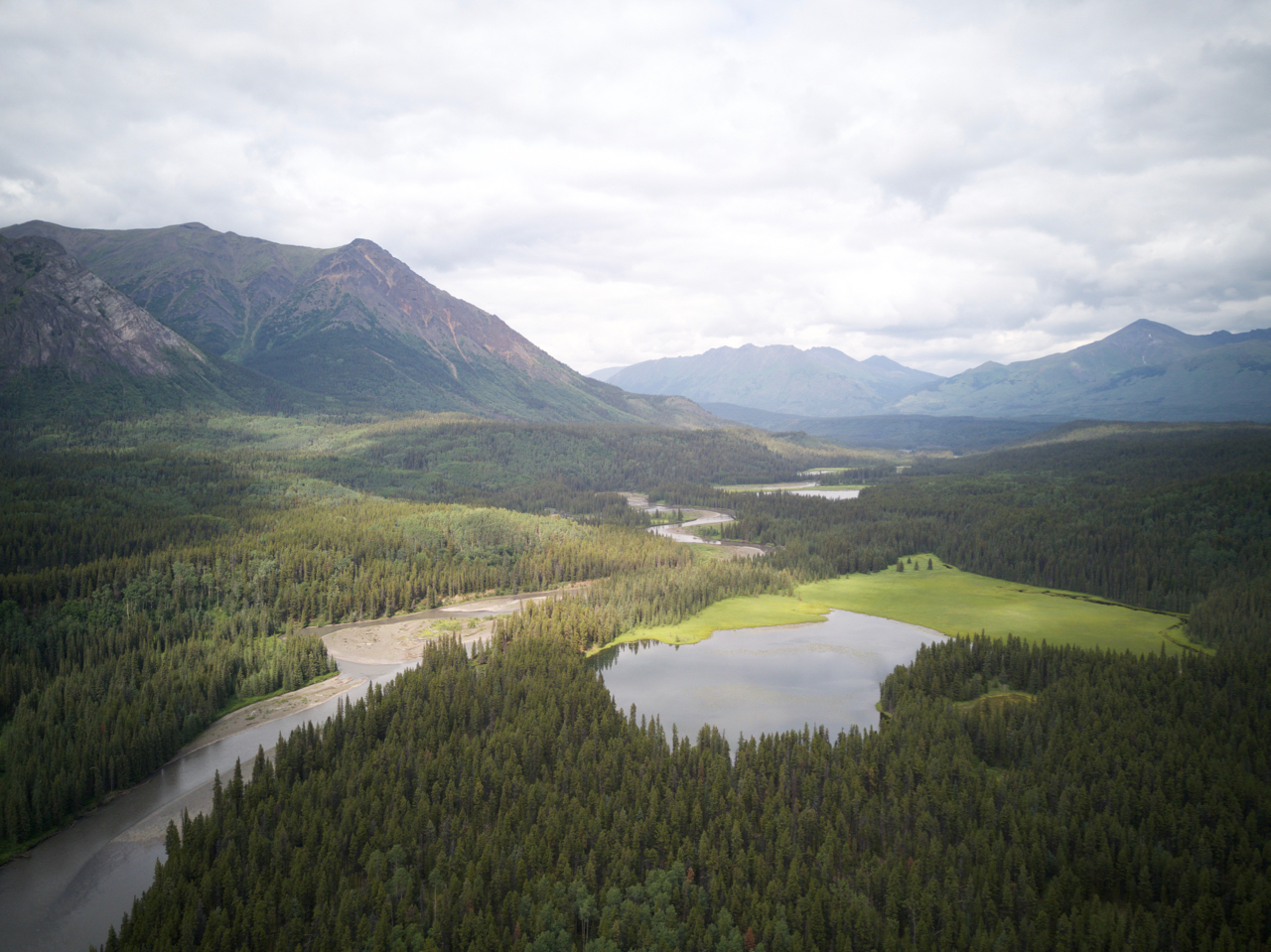
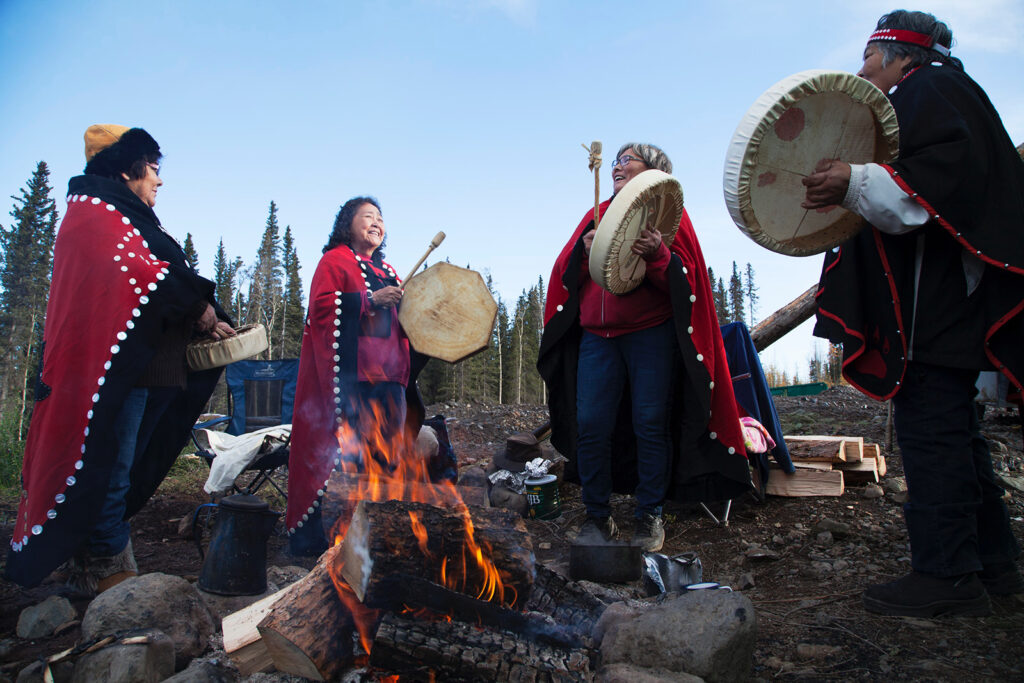
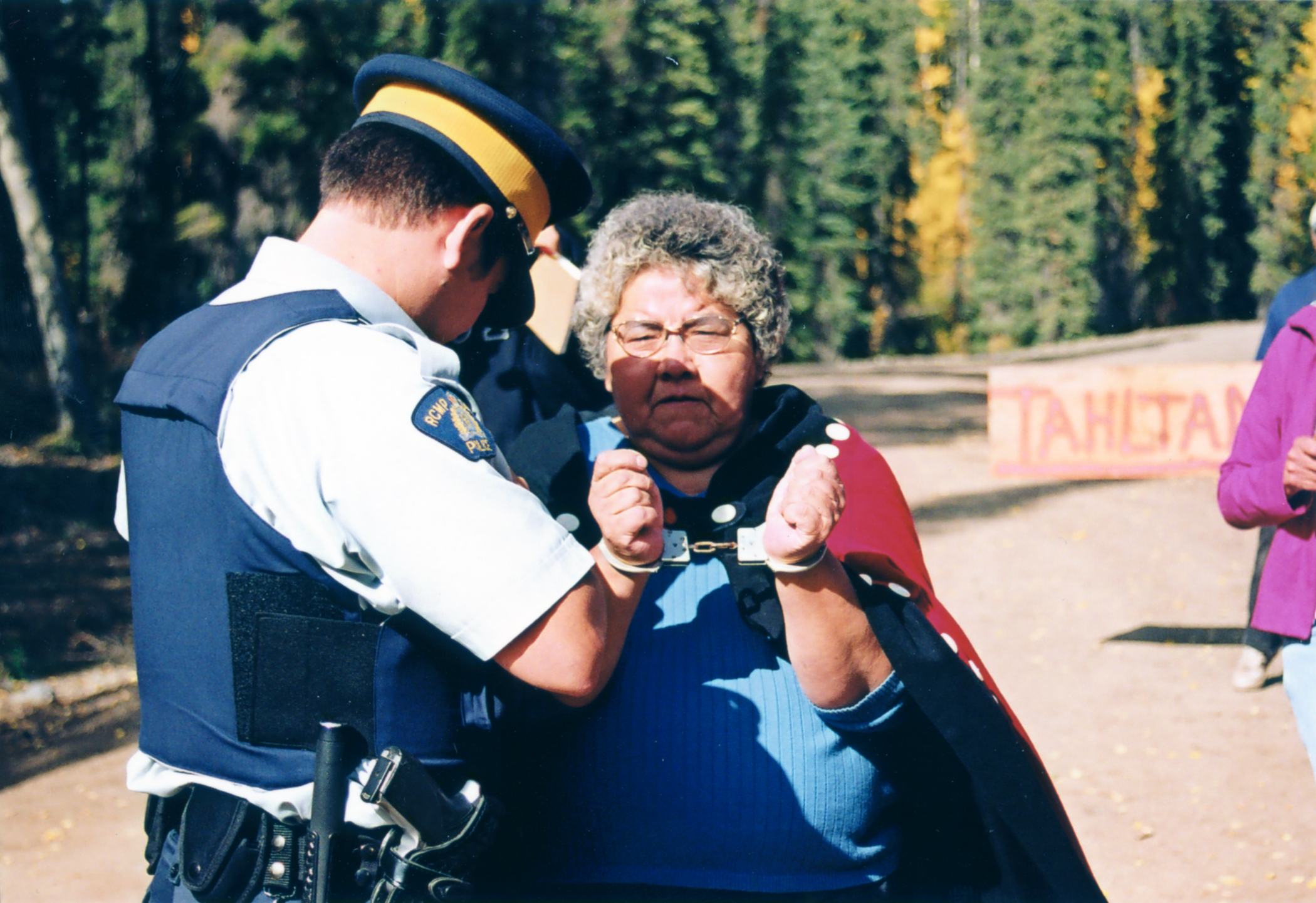
John Nole was also on the frontlines.
“Like our late chief said, it’s our kitchen, it’s our playground, it’s our school,” Nole said. Currently an Iskut band councillor, he spoke to The Narwhal from a camp on the territory where he was sampling coho in the Stikine. “In life, you get led to places where you’re needed. I’ll never ever let my guard down with any company [that wants] to destroy Stikine, Nass, Skeena because so many generations depend on it.”
At first, neither company budged, nor did the Klabona Keepers. The stalemate — which included numerous flashpoints of conflict and, later, significant media attention — dragged on for years.
In 2012, Shell finally scrapped its plans and the province implemented a permanent ban on oil and gas exploration in the area. It took another seven years to protect the headwaters from the mining company.
“If something’s worth fighting for, fight for it,” Quock said. “I’m not saying it’s gonna be easy, but in the end it’s all worth it.”
After working for years with the province to develop a plan, Tahltan leadership signed an agreement with the B.C. government in 2019 that protects the area for at least 20 years and outlines where and how development is allowed on the nation’s territory.
“I don’t know if it’s unheard of, but I’m pretty shocked that we got two companies out of one area,” Quock added. “To us, it’s pretty big, and we are grateful for it.”
Quock’s son, Robert Jakesta, grew up on the blockades. Sitting next to his mom on a video call with The Narwhal, he explained he didn’t understand how hard it was for people at the time.
“As a kid, I didn’t realize the pressure that everybody was under,” he said. “Everything’s gonna go our way — that is the mindset that I had, not realizing the hopelessness that my people were going through at the time.”
He said what held people together and kept them motivated was the strength and resolve of the Elders.
“If it weren’t for them, this wouldn’t have happened,” he said, his mom nodding her head. “There wasn’t a day that my grandma or one of the other Elders didn’t feed the fire with tobacco and call upon our ancestors to help us.”
Nole also spoke of the strength of the Elders.
“At night, sometimes I’d sit there wondering, you know, what am I doing? Why am I doing this?” he said. “You do get tired. But your spirit, and the spirit of our Elders wouldn’t let you give up. Our Elders are very strong.”
“We knew that if we keep fighting with our spirit, we will be heard.”
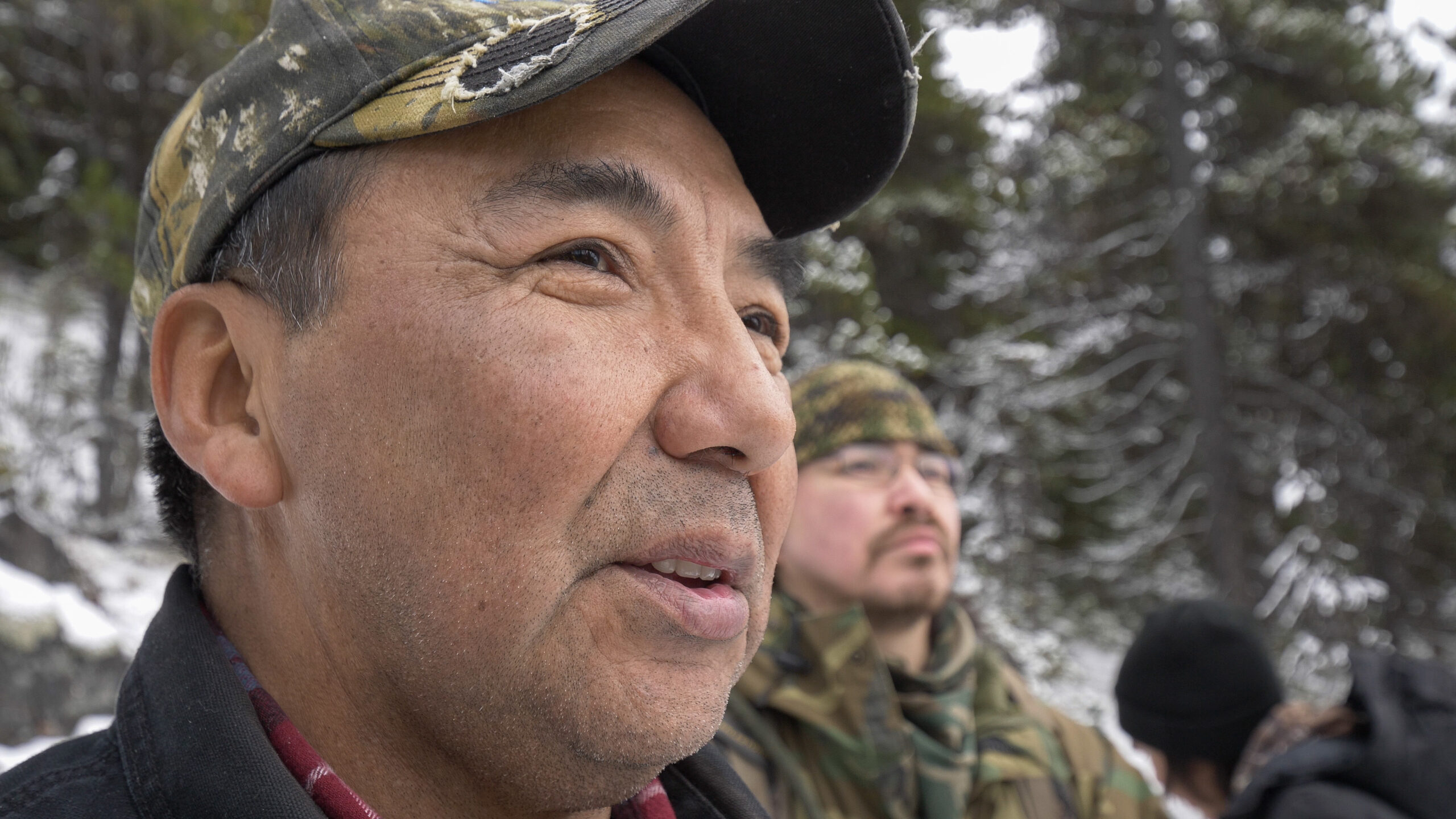
Since cementing the agreement to protect the Klappan area, the Tahltan have worked with industry and government to make major inroads on other protections, while also creating a framework for how companies can conduct business on the territory.
Recently, the Tahltan Central Government, an administrative governing body for the nation, signed a landmark decision-making agreement with the province, the first consent-based agreement under B.C.’s Declaration on the Rights of Indigenous Peoples Act.
When a company doesn’t play by the rules, it gets the boot.
Last year, when a mineral exploration company refused to follow protocol and sign an engagement framework supported by more than 30 companies operating on Tahltan territory, the governing body put the company on notice and said it had to leave the territory.
The tension between mining interests and Tahltan rights continues.
The small village of Iskut is completely surrounded by mineral claims and some residents are worried that the companies holding those tenures won’t respect plans to create an industry-free buffer zone around the community.
Recently, Newmont, a U.S.-based gold mining company, started buying up some of the mineral claims around Iskut. The company claims its actions are intended to support Tahltan land-use planning.
“The mining claims around Iskut are not being purchased for development or their mineral potential, but in an effort to address concerns raised through our engagement with the Tahltan Nation,” Tom Palmer, Newmont president and CEO, said in a press release.
The Tahltan Central Government said it does not “explicitly endorse these transactions,” but cautiously noted they “may create additional benefits and environmental protections.”
“The Tahltan Central Government is clear to outside governments, industry and the world that working alongside the Tahltan Nation as true partners is a must. No exceptions. All projects within Tahltan Territory must first obtain the consent of Tahltan people otherwise they will not be supported or successful,” Chad Norman Day, president of the governing body, said in a statement.
The statement added the Tahltan Central Government is actively working with the province to address community concerns “over the pace and scale of mineral development near the Tahltan community of Iskut and cultural areas of importance to the Tahltan Nation.”
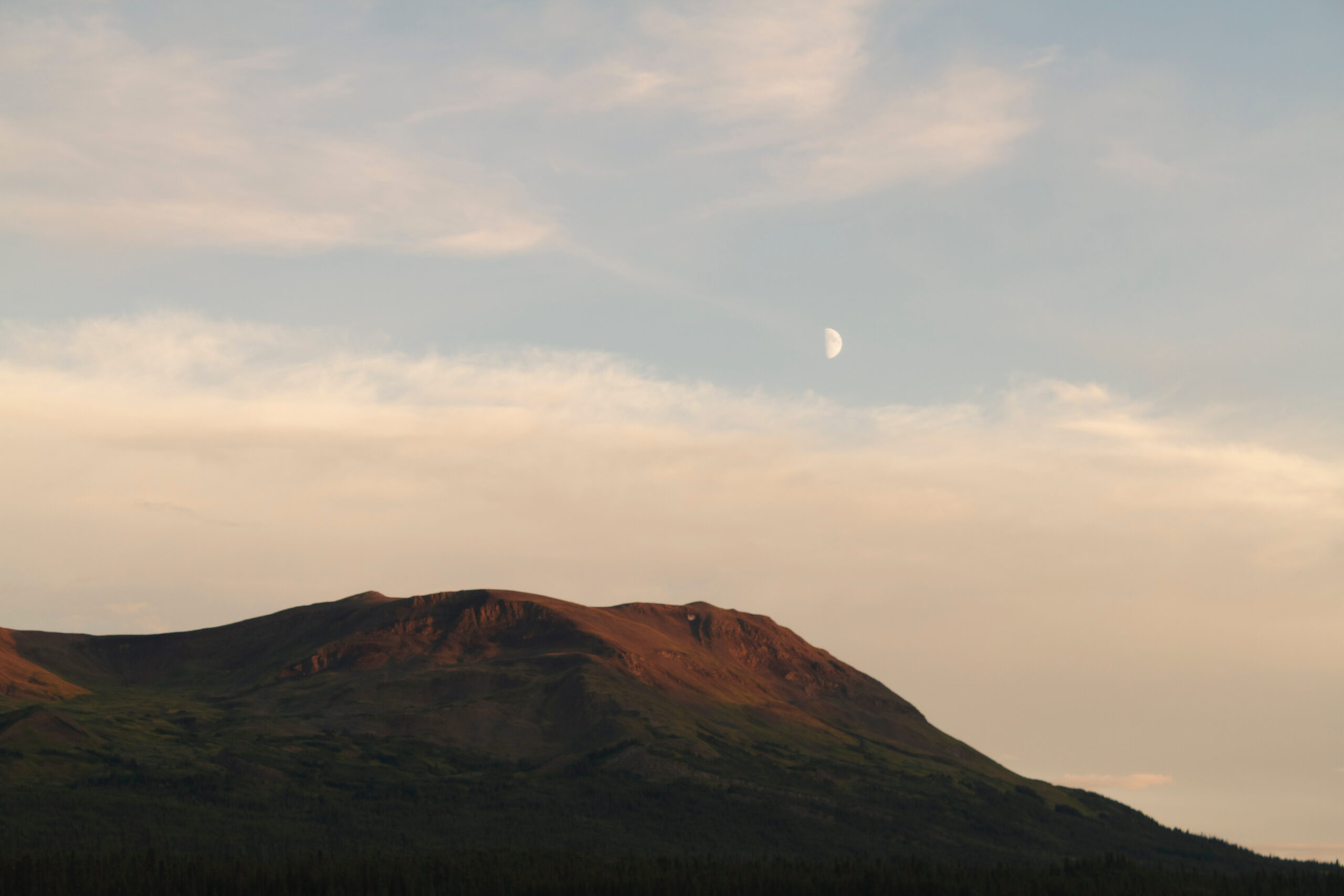
Nole is wary of the company’s intent and wants to ensure the village and the water community members depend on is protected.
“Right now we’re working on protection of Klappan and other areas, and hopefully we can get it to around Iskut River, Stikine River,” he said. “And, really, we need to work towards making these waters a living thing. That’s what breathes life into the salmon.”
“It gives us life too, through the salmon or whatever drinks out of it — the moose, the caribou, the sheep, the goat. We need to stand together and to say no to these entities that want to spoil the waters for you and I and future generations.”
The documentary premiered in the village of Iskut in May, was featured at the Hot Docs festival in Toronto and will be screened at the Vancouver International Film Festival on Oct. 3 and 5. Proceeds from the film are going towards a Tahltan land-based education program launched in 2017.
Jakesta is clearly proud of his family and the Elders when he talks about seeing them on the screen and reliving the experiences. He said one thing is clear: the companies, as big as they are, had no idea what they were getting into when they first went to Tahltan territory.
“They don’t take no for an answer. They had to take no for an answer. Because my mom and the Elders beat them up so good that they realized they might be able to win the fight, but they were gonna lose a lot — it was a battle.”
Updated on Oct. 1, 2022, at 12:38 p.m. PT: This article was updated to include credit to Jasper Snow Rosen as co-director of the documentary.
Content for Apple News or Article only Get the inside scoop on The Narwhal’s environment and climate reporting by signing up for our free newsletter. This...
Continue reading
Forestry giant Teal sued for $75 million in compensation after old-growth trees on Haida Gwaii...

An Alberta government-commissioned report suggests oil and gas site companies may be able to install...

This story about a lawsuit involving First Nations in northern Ontario has deep roots — in...
